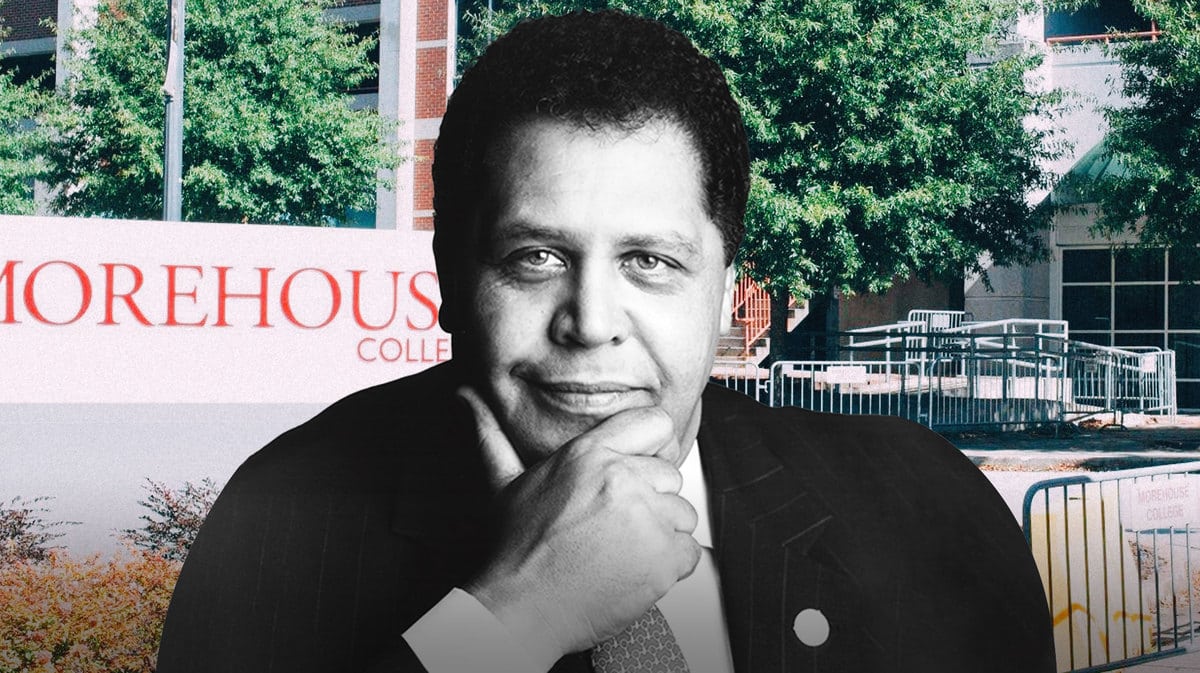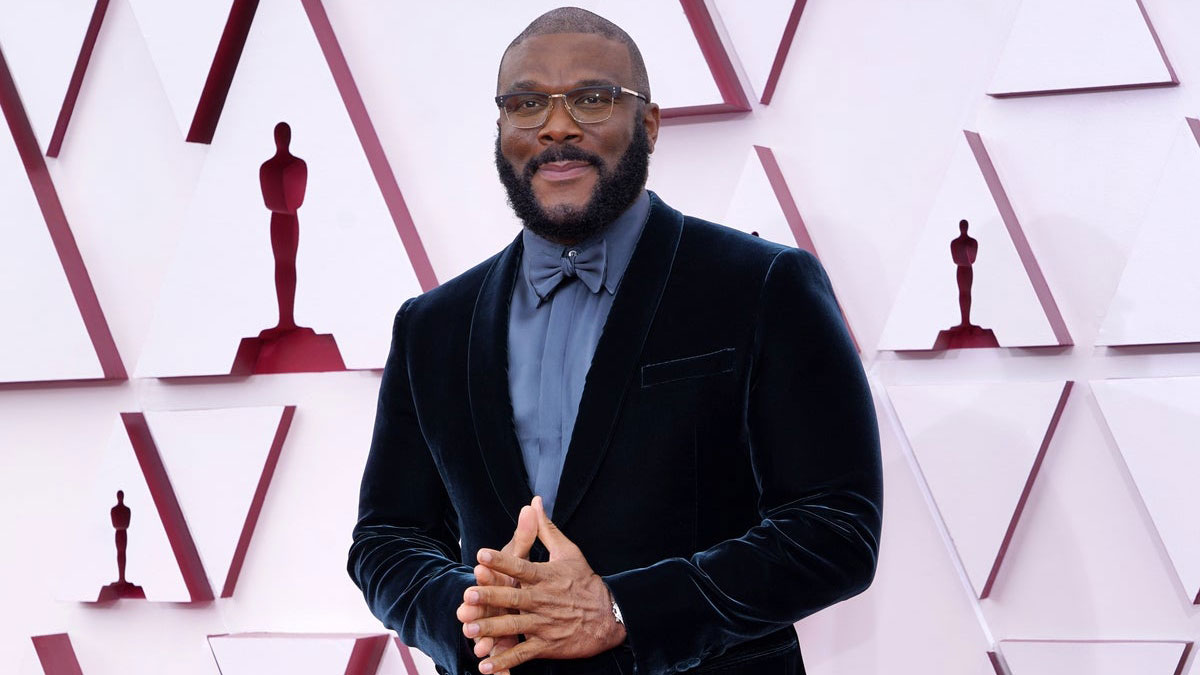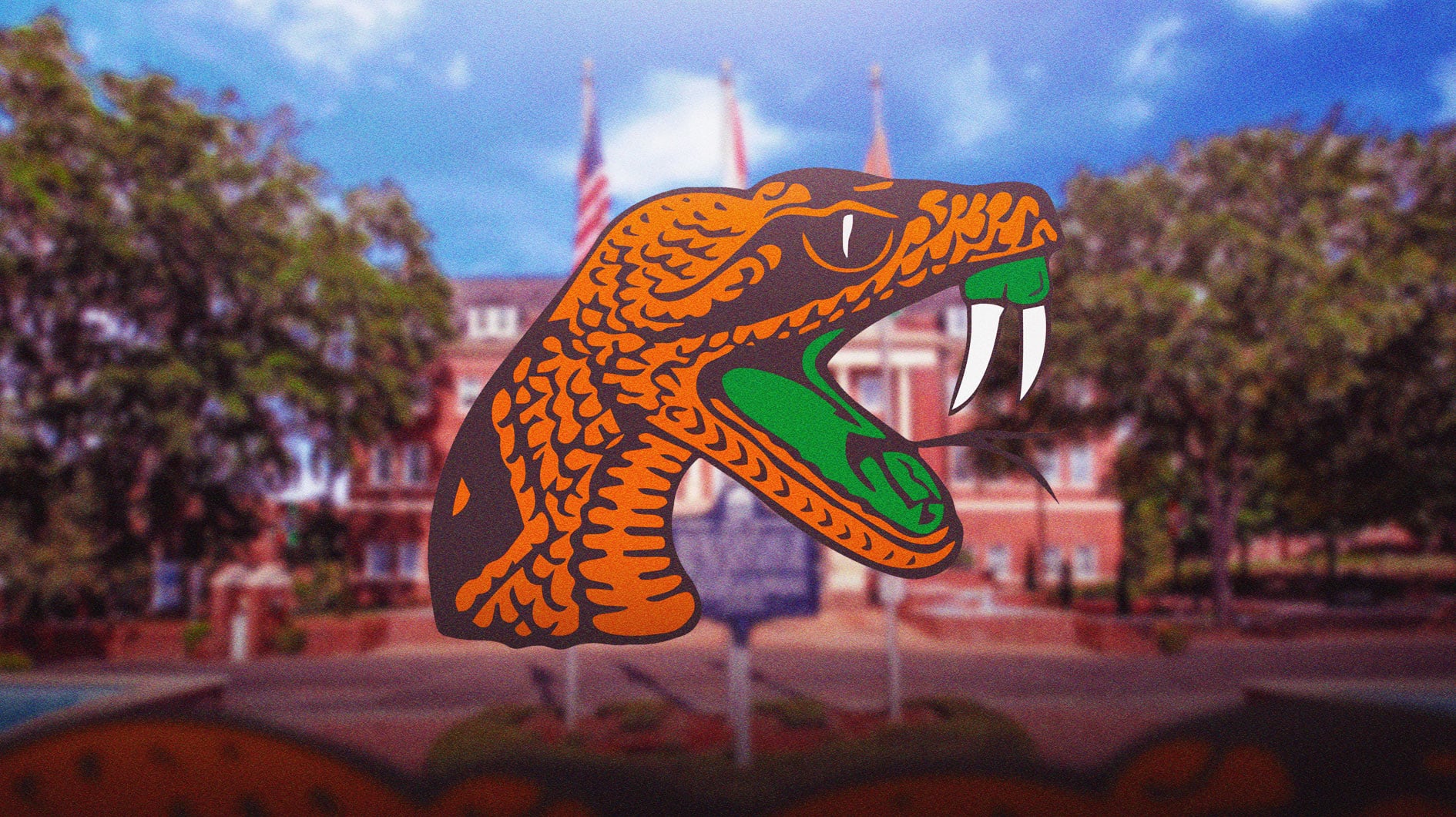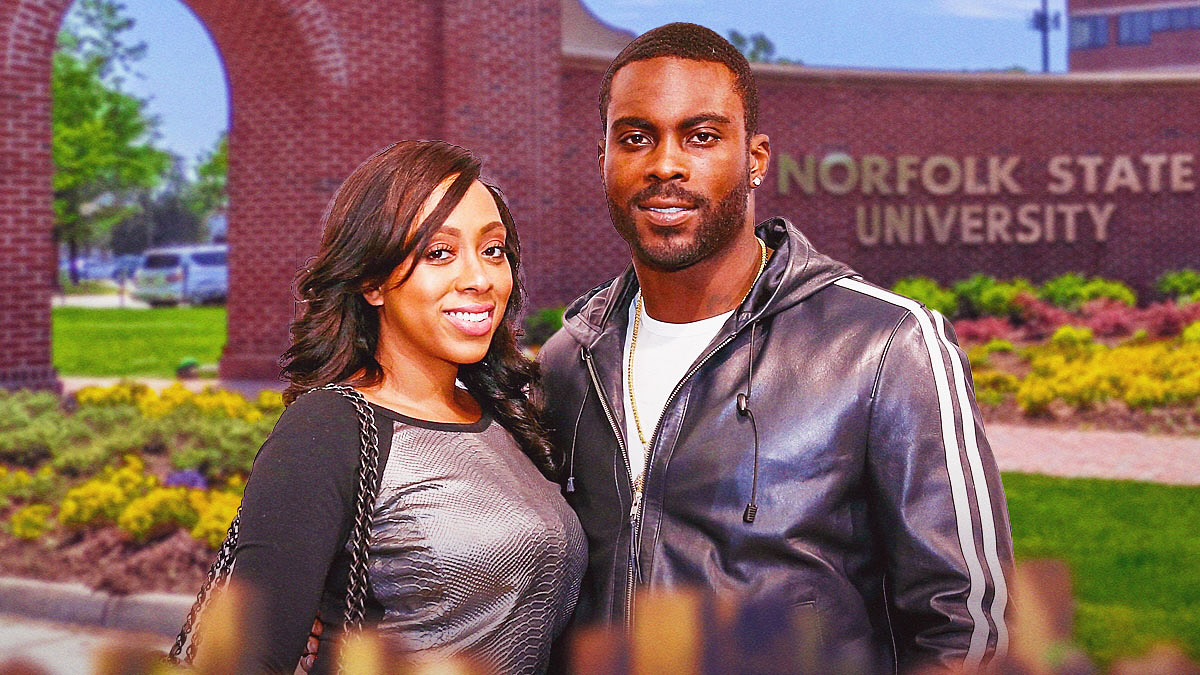Maynard Holbrook Jackson Jr. was a trailblazing figure in American politics, becoming the first black mayor of a major southern city when he was elected as the mayor of Atlanta in 1973. An alumnus of Morehouse College, Jackson's historic victory was a pivotal moment for both the city and the country as a whole.
The Historic Moment
On November 8, 1973, Maynard Jackson made history when he was elected as the mayor of Atlanta. He defeated incumbent Mayor Sam Massell in a tight runoff election, winning with 60% of the vote. This marked the first time an African-American had been elected as the mayor of a major southern city, and it was a momentous occasion for the black community in Atlanta. Jackson's victory was also significant in light of the ongoing civil rights movement and the struggles for equality that had been occurring in America.
Maynard Jackson's Morehouse Experience
Maynard Jackson's time at Morehouse College had a profound influence on his life and career. He graduated from the college in 1956 with a degree in political science at the age of 18. He then went on to earn his law degree from North Carolina Central University. Jackson was a lifelong member of Alpha Phi Alpha Fraternity, Incorporated.
#MorehouseIsEverywhere: On this day 50 years ago, the city of Atlanta elected its FIRST Black mayor- Morehouse Alumnus Maynard Holbrook Jackson ’56.
https://t.co/g9sZCyB055
#Morehouse #MorehouseMan #HBCUVideo sourced from the AP Archives. pic.twitter.com/EWH9Ku3x6p
— Morehouse College (@Morehouse) October 16, 2023
Jackson's education at Morehouse instilled in him the importance of service to others and inspired him to use his knowledge and skills to uplift his community. He carried this mindset with him throughout his career as a lawyer, businessman, and ultimately as the first black mayor of Atlanta. According to a 2003 profile on Jackson by the Atlanta Journal-Constitution, Jackson was inspired by the assassination of fellow Morehouse alumnus Dr. Martin Luther King Jr. to forge a career in politics.
The Impact
Jackson's victory had a significant impact on Atlanta and its citizens. His election represented a major shift in power and signaled the beginning of a new era for the city. Jackson made history not just by being the first black mayor, but also by implementing progressive policies and promoting diversity and inclusivity in government.
“The Atlanta that we know today, a place that is called the ‘Capital of the New South, ‘ is due to Maynard's work,” Bill Campbell, who succeeded Jackson as Mayor of Atlanta in 1994, said in a quote obtained by the Atlanta Journal-Constitution.
During his tenure as mayor, Jackson focused on improving the city's infrastructure, revitalizing impoverished neighborhoods, and promoting minority-owned businesses. He also championed affirmative action policies and increased representation of minorities in government positions. His efforts helped to shape Atlanta into a more inclusive and prosperous city.
Also during his time as mayor, Atlanta was chosen to host the 1996 Olympic Games in September 1990. He accepted the Olympic flag at the 1992 closing ceremonies in Barcelona, Spain. He oversaw the completion of various public works projects, including freeway and park improvements, as well as the expedited completion of Freedom Parkway from 1990 to 1996 in preparation for the August 1996 Olympic Games.
Continuing a Legacy of Leadership
Today, Maynard Jackson's legacy continues to inspire future generations. His impact as Atlanta's first black mayor paved the way for other African-American leaders to break barriers and make their mark in politics such as Howard University alumnus Andrew Young and Florida A&M alumnus Keisha Lance Bottoms and even U.S. Senator and fellow Morehouse alumnus Raphael Warnock. Maynard's leadership and vision for a diverse and inclusive Atlanta have set the standard for future mayors to follow.
At Morehouse College, his legacy is also celebrated. Morehouse continues to produce leaders who strive to make a positive impact on their communities, much like Maynard did during his time as mayor. The lessons he learned at Morehouse, including the importance of social justice and service, have been ingrained in generations of students who walk the same halls and sit in the same classrooms as Maynard once did.
Maynard Jackson's story serves as a reminder that one person can make a difference and create lasting change for the betterment of society. His dedication to promoting diversity and equality will continue to inspire future leaders at Morehouse College and beyond.




















